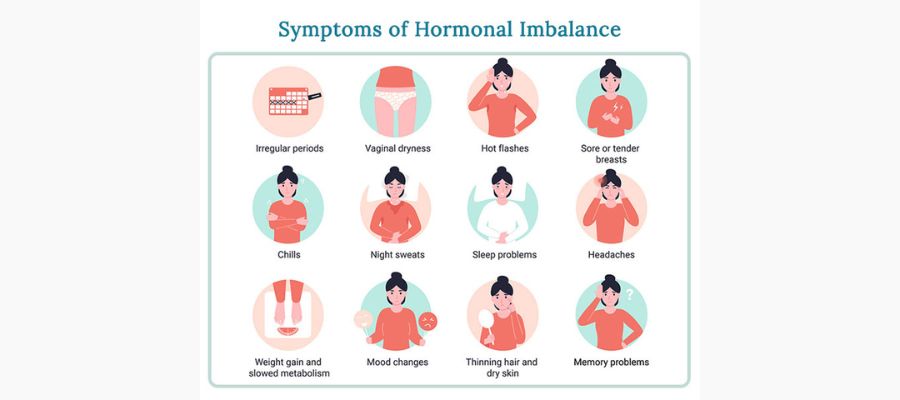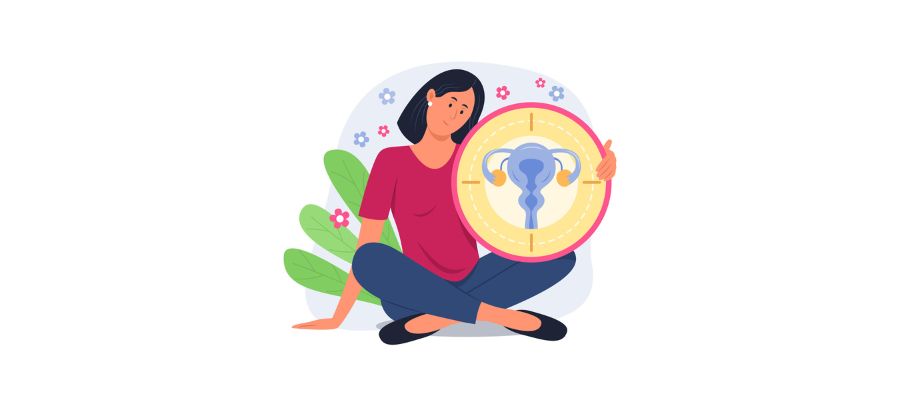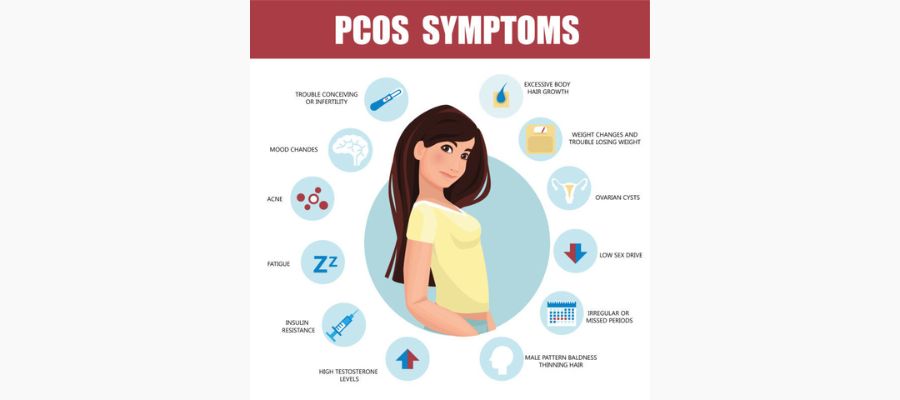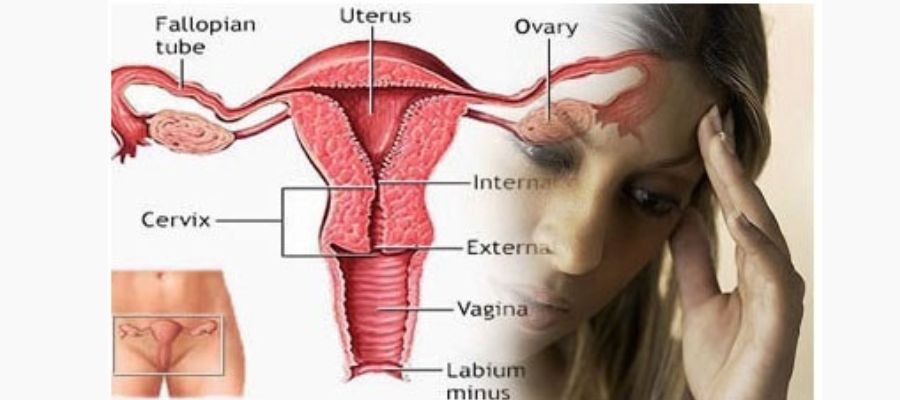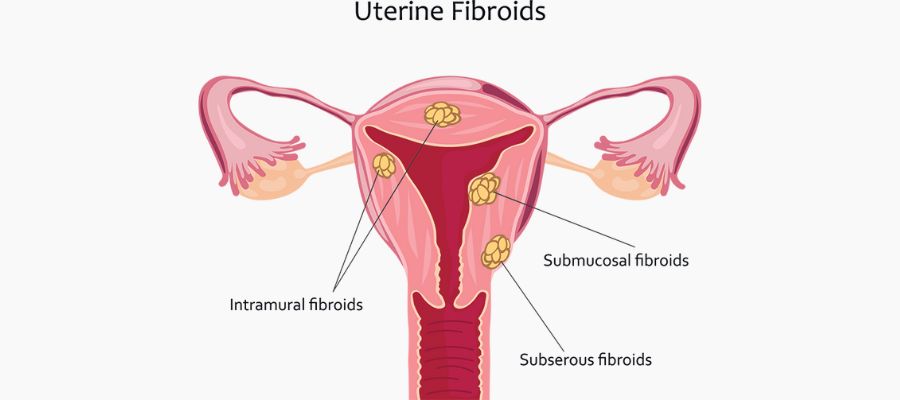
Why Is the Thyroid Important?
Your thyroid’s primary role is to regulate your metabolism by producing and releasing hormones involved in metabolism. Hormones and metabolism are pitta dosha’s purview in Ayurveda. The Ayurvedic idea of Agni, or digestive fire, and the thyroid’s role in metabolism are interchangeable terms.
Since thyroid reacts to stress, hypothyroidism is becoming more common everywhere.
Hypothyroidism
The most prevalent thyroid ailment, hypothyroidism, is expected to afflict six to ten percent of women. It is also known as an underactive thyroid. The autoimmune disorder Hashimoto’s disease is the most frequent cause of primary hypothyroidism.
An underactive thyroid is considered a kapha ailment in Ayurveda. Heavy and slow are kapha characteristics, which match the signs of a hypothyroidism. Manda agni, or a slow metabolism, is a characteristic of people with a kapha imbalance and those who are kapha-dominant.
The symptoms of hypothyroidism
Weakness and Exhaustion
Weight gain and difficult weight loss
Tendency to become constipated
Tendency to experience sadness
Resistance to the cold
Coarse, fragile, or lack lustre hair
Skin that is flaky, dry, and has cracked heels
Nails that are brittle, breaking, bent, or ridged
Rounded, swollen face
Puffy around the eyes or saggy or droopy eyelids
Poor hair growth on lower legs or the loss of the outer third of the brows
Enlarged/fluffy legs or ankles
Slow heart rate while at rest (less than 65)
Hypothyroidism causes
As previously discussed, autoimmune diseases like Hashimoto’s can result in hypothyroidism. Similar thyroid damage brought on by thyroiditis, radiation, or surgery may also play a role. Hypothyroidism and, in some cases, goitre can also be brought on by an iodine deficiency in the diet.
Stress is a significant factor in thyroid disorders. According to Ayurveda, stress causes the vatadosha, which is involved in all disease processes, to be out of balance. Auto-immune disorders develop when stress results from high tejas, or overwork, because it burns ojas, or immunity and energy.
Therefore, all three doshas are implicated from an ayurvedic point of view, but hypothyroidism can be considered as largely a kapha imbalance. Kapha traits include poor metabolism, weight gain, heaviness, sadness, and coldness. The extra medadhatu (fat tissue) and the heaviness caused by the kaphadosha prohibit the pitta dosha from performing its cellular level tasks, which affects agni.
How to Manage
Every Ayurvedic treatment is unique and dependent on the illness’s underlying cause. After addressing the kapha and vatadoshas, we work to address the underlying causes of the illness (diet, lifestyle, stressors, etc.).All people stand to gain from enhancing agni, or digestion, and implementing kapha-balancing techniques. It will be very helpful to concentrate on food, exercise, avoiding hazardous exposure, and stress management (vatadosha).
Herbs are a great addition to an Ayurvedic diet and lifestyle .Kanchanar guggul, gudmarghan, medohar guggul, rasa pachak, agnitundivati etc.
In order to promote your healing, your doctor may also suggest yoga, meditation, pranayama, and panchakarma (Ayurvedic cleansing).
Despite the fact that thyroid issues are on the rise, Ayurveda provides alternatives to taking synthetic thyroid medication. Your mind, body, and spirit will be healed through a comprehensive approach that addresses the underlying causes of sickness.



